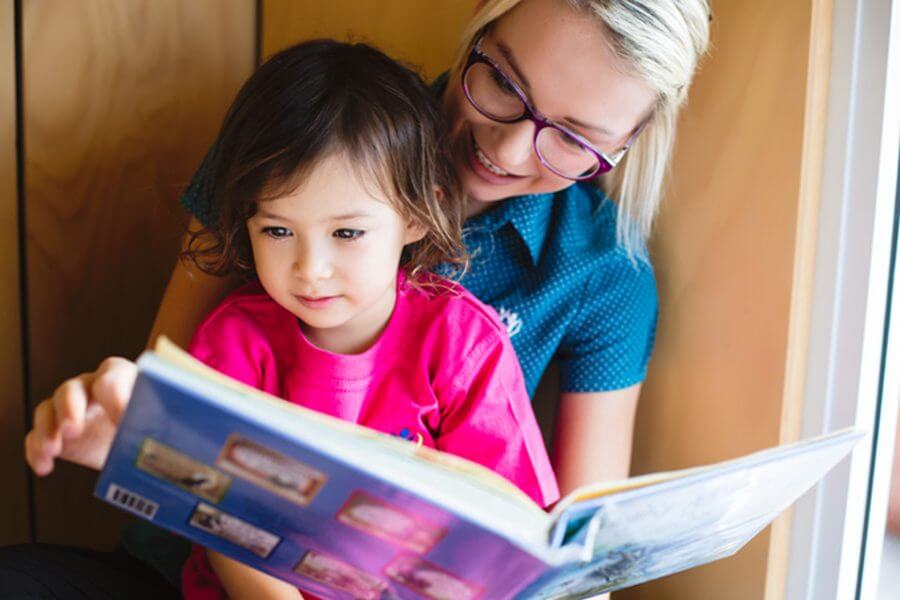A Picture Speaks: Learning Through Visuals

Lol! Soz.
Today, the acoustic and empowering English vocabulary is often reduced to a series of symbols and emoticons. Despite this trend, it should not surprise us that knowledge of vocabulary can make the difference in learning for our students.
A recent study from Macquarie University has confirmed the link between hearing words and being able to read them.[1] The main message of this study is that the earlier and more frequently we use spoken vocabulary with children, including new and complex words, the better prepared they are for reading in school.
In the 1990s Betty Hart and Todd R. Risley undertook a longitudinal study of 42 families to observe children in the home from the age of seven months old to the age of 10. What their study revealed was that children who heard more words at home in the early years experienced a higher rate of vocabulary growth, and performed better academically in Grade 3[2]. They found that this performance trajectory could be predicted as early as three years of age. The acquisition of vocabulary first occurs orally, by hearing those words being said aloud, before children learn to read visually by decoding letters and groups of letters. Hearing lots of different words better prepares children for reading words.
Other studies confirm this advantage: “A high-performing first-grader knows about twice as many words as a low-performing one and, as these students go through the grades, the differential gets magnified. By 12th grade, the high performer knows about four times as many words as the low performer.”[3]
Professor E.D. Hirsch suggests that “most vocabulary growth results incidentally, from massive immersion in the world of language and knowledge.”[4] It’s never too late to start exposing children to more spoken vocabulary, but all the evidence suggests that the earlier this happens, the better.
So what are some practical things we can do to encourage the hearing of more words?
- Sing with your children; recite poetry and rhymes to playfully introduce new vocabulary.
- Avoid relying on audio/visual versions (television, CDs, iPads/tablets), as the research indicates that the language has to be live, in person and directed at the child.
- Read a variety of books aloud to children, even as they grow older. Don’t be afraid to read from books with more complex vocabularies.
- Take the opportunity to explain what a word means.
- Use new and interesting words in natural conversations.
- Set aside time every day to talk as a family, perhaps at the dinner table, with all digital devices turned off during that time.
- Use more sophisticated vocabulary rather than the simpler choices we think children will understand.
- Introduce your children to great writers, artists, philosophers, historical figures and events – expose them to a world of knowledge and vocabulary.
Let’s immerse our children in the mosaic of language, and empower them as learners
[1] http://www.abc.net.au/news/2017-07-18/childrens-literacy-study-links-hearing-words-to-reading-ability/8697138 accessed 20/07/2017.
[2] Hart, B. & Risely, T.R. (2003) “The Early Catastrophe: The 30 Million Word Gap by Age 3”, American Educator, 27, p4-9.
[3] Smith, M.K. (1941). Measurement of the size of general English vocabulary through the elementary grades and high school. Genetic Psychological Monographs, 24, pp. 311-345.
[4] Hirsch, E.D. Jr, “Reading Comprehension Requires Knowledge – of Words and of the World”, https://www.aft.org/sites/default/files/periodicals/Hirsch.pdf, accessed 20/07/2017.





